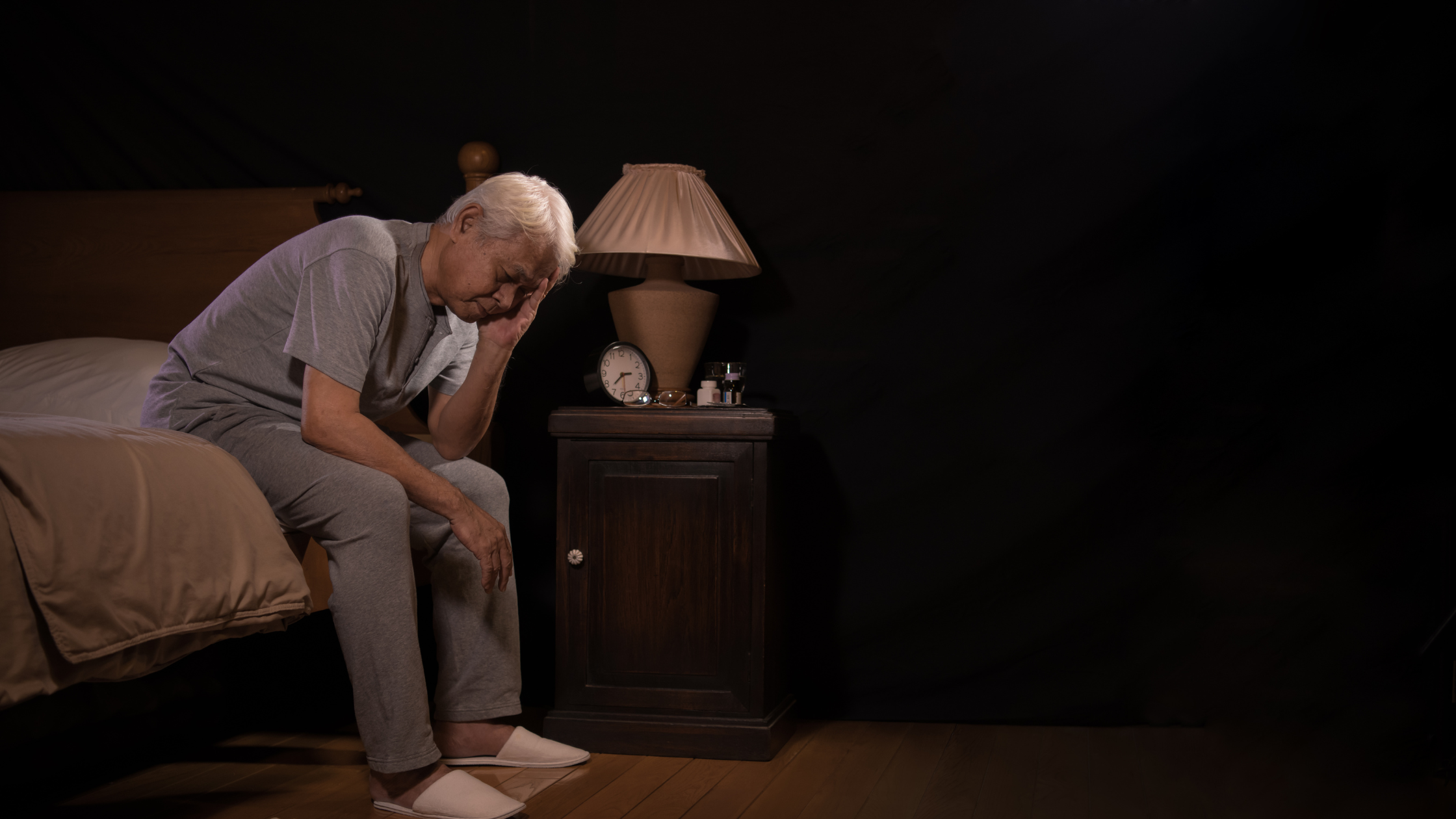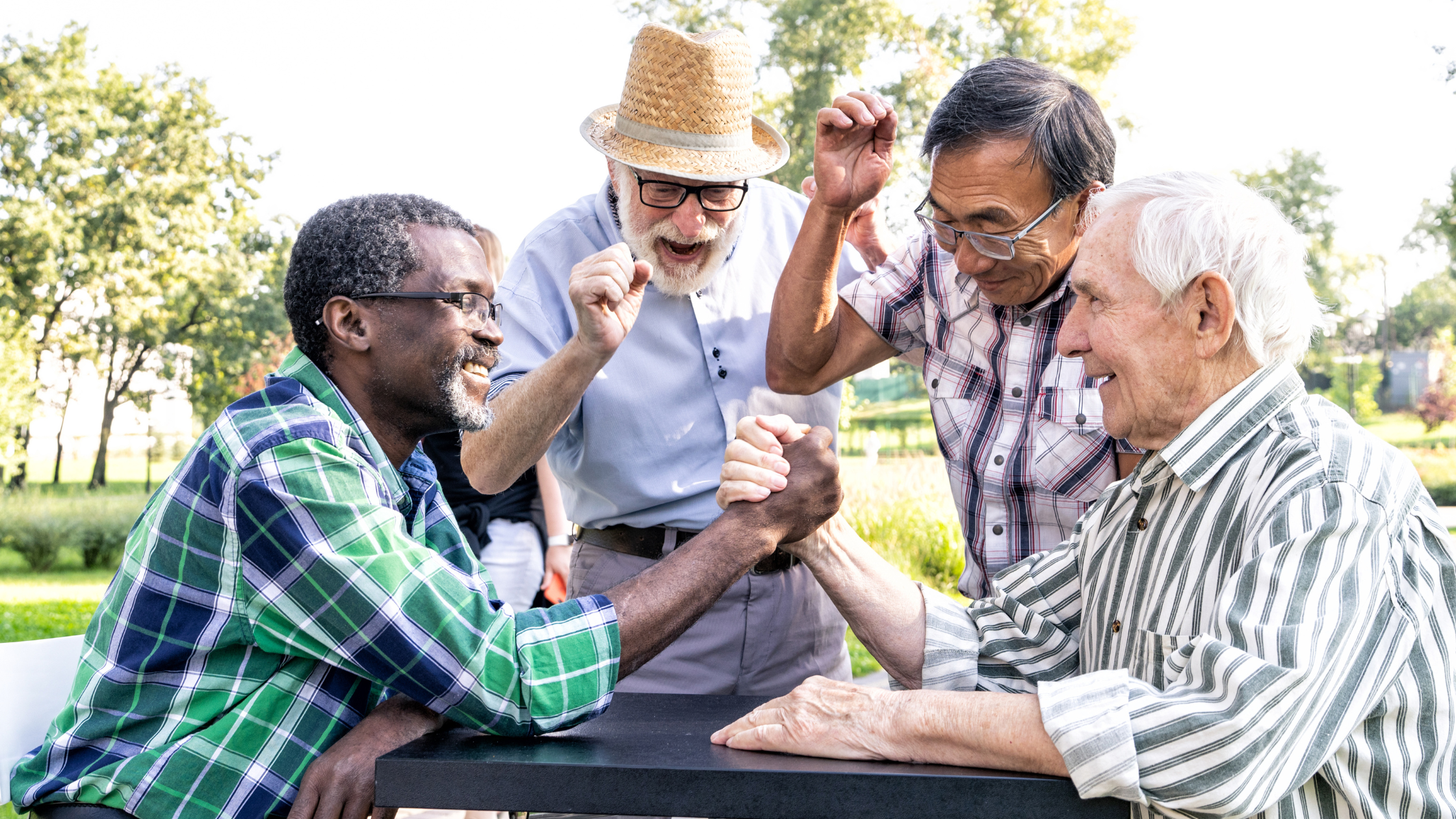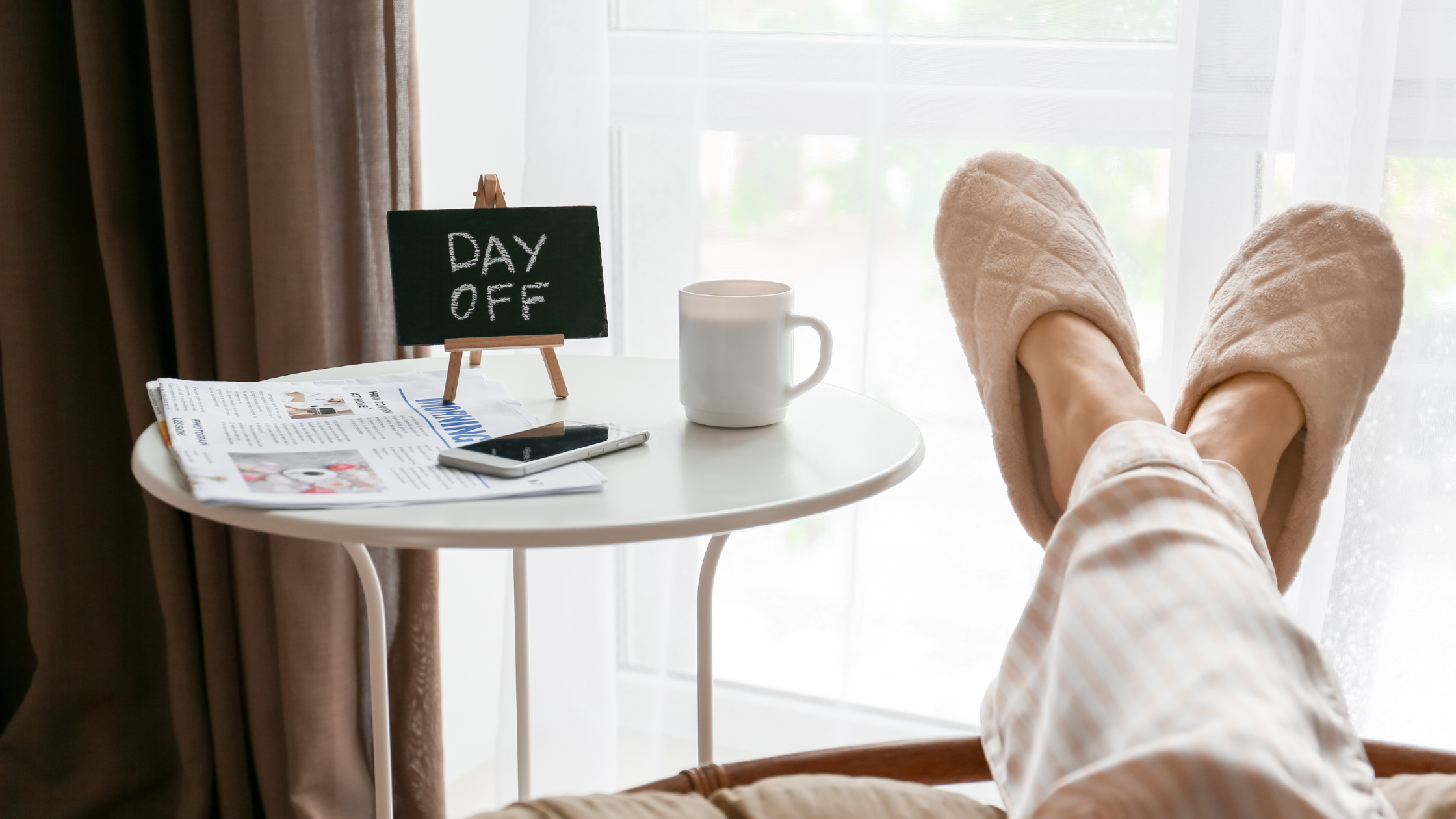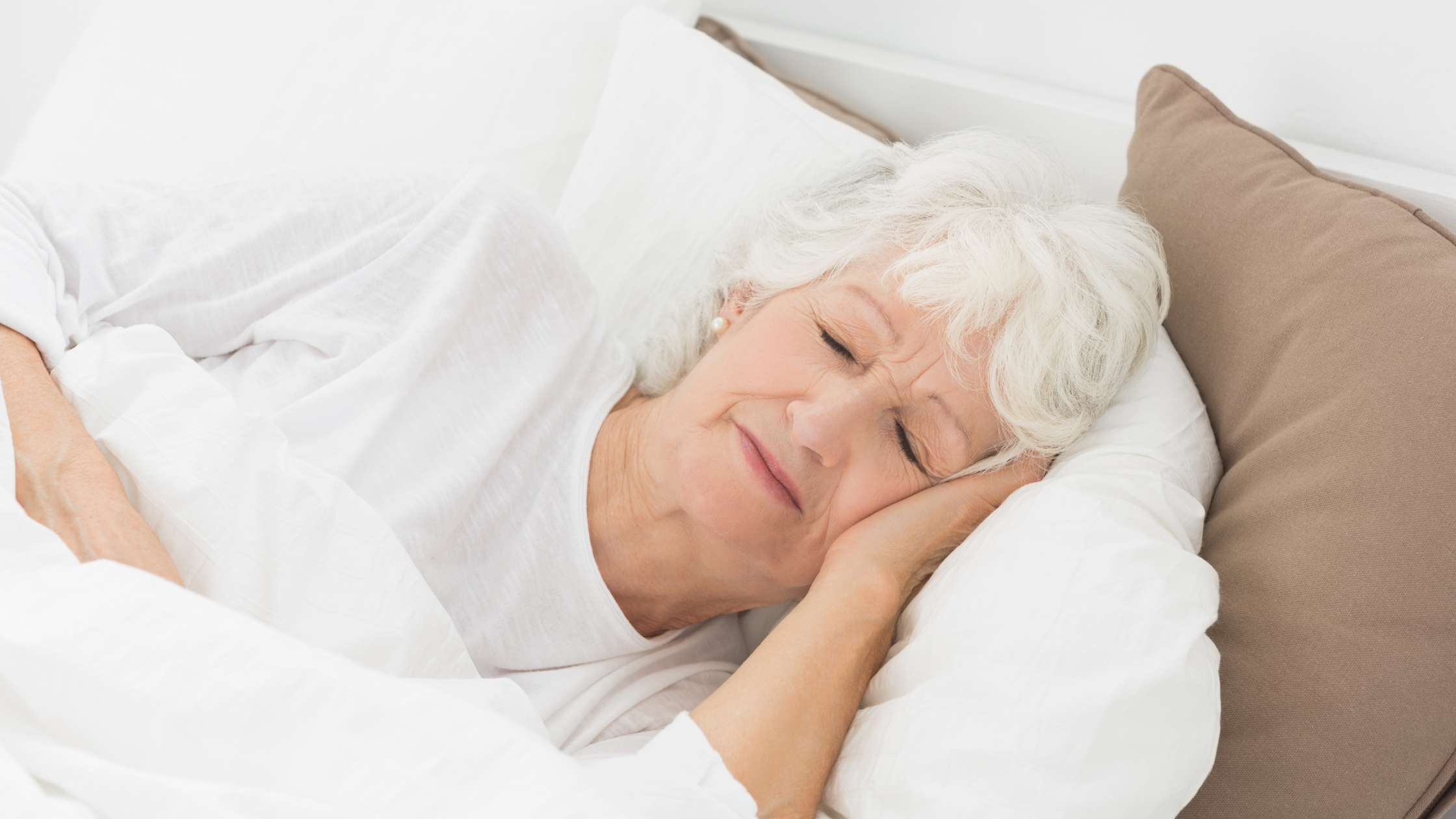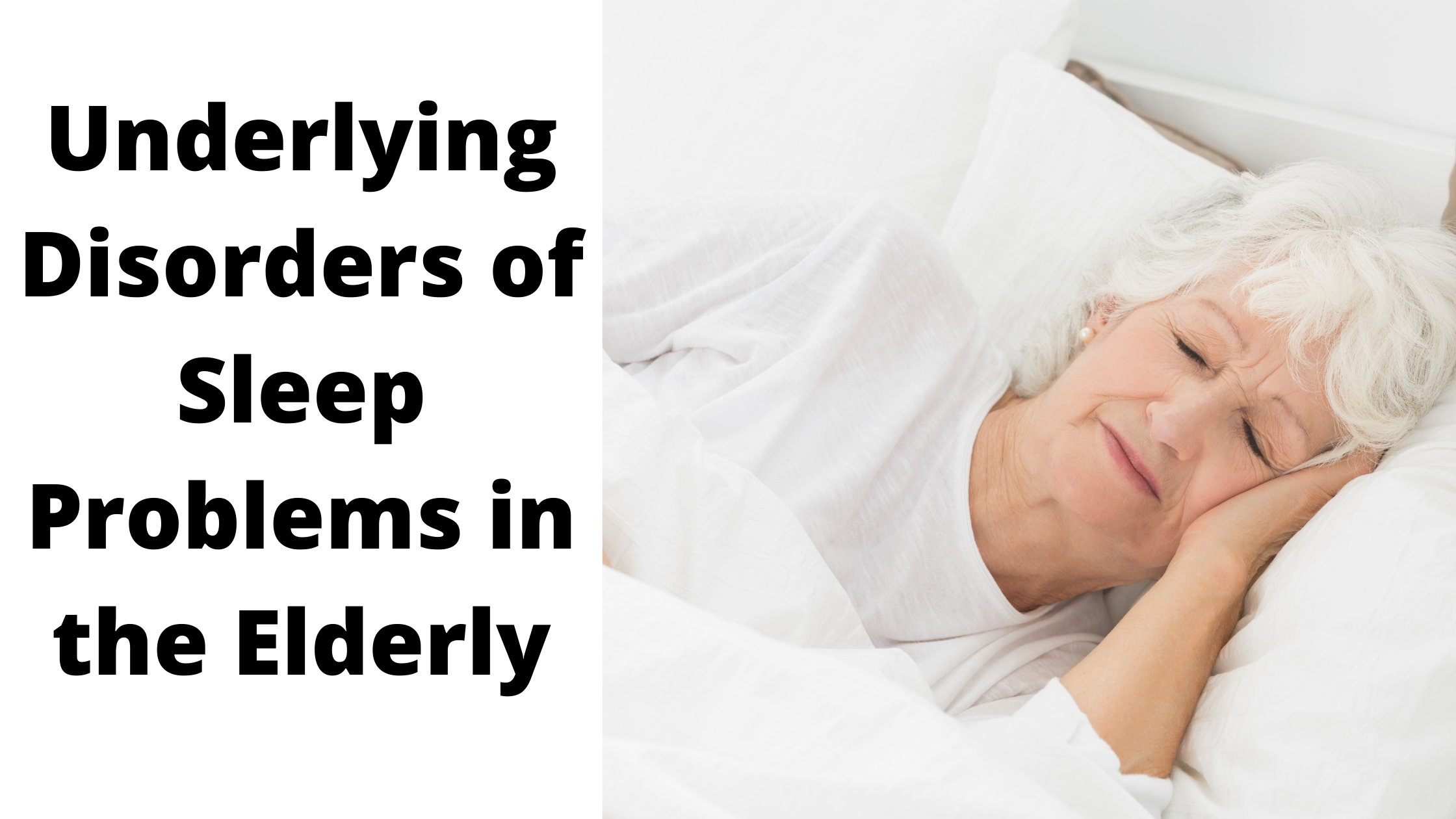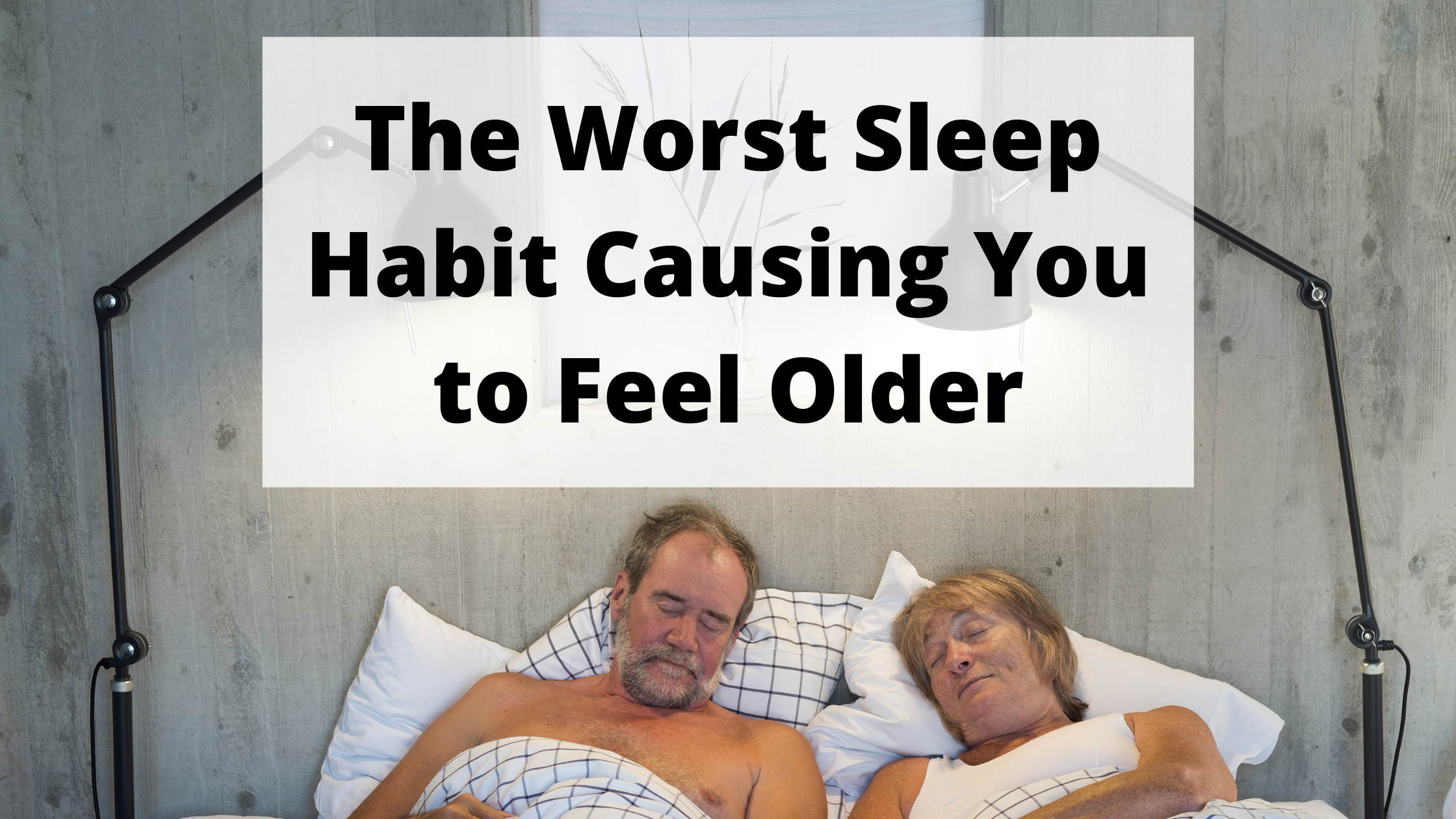Sleep is often viewed as a time of rest and inactivity, but beneath the surface, your body is hard at work, especially at the cellular level. While you sleep, countless processes occur that are vital for your health and well-being. From repairing DNA to removing toxins, sleep plays a critical role in maintaining cellular health. In this blog post, we'll explore what happens at the cellular level during sleep and why it’s so essential for your body and mind.
What Sleep Does at the Cellular Level: The Science Behind Rest and Recovery
Causes of Insomnia in Older Adults: Understanding Sleep Challenges in Aging
As we age, our sleep patterns and needs can change, often leading to difficulties in falling asleep or staying asleep. Insomnia is a common issue among older adults, affecting their quality of life and overall health. Understanding the causes of insomnia in older individuals can help in managing and improving sleep quality. In this blog post, we will explore the various factors contributing to insomnia in older adults and provide insights into potential solutions.
The Key to Longevity: Understanding the Vital Role of Sleep
In the quest for a long and healthy life, we often focus on diet, exercise, and stress management. However, one crucial yet often overlooked factor is quality sleep. Adequate and restorative sleep is not just essential for feeling refreshed each day; it plays a significant role in promoting longevity and overall well-being. Let's explore why sleep is vital for longevity and how you can optimize your sleep habits to support a healthier, longer life
The Art of Sleeping In on Your Well-Deserved Off Days
Few things are as delicious as the idea of a lazy morning, especially when you've earned a day off from your regular routine. Sleeping in on your off days can be a well-deserved luxury, allowing you to relax and recharge your body and mind. In this blog post, we'll explore the benefits of catching some extra Zzz's on your off days and provide tips for making the most of those blissful sleep-ins.
Beauty Restored: Exploring the Connection Between Wrinkles and Sleep
In the pursuit of youthful skin, we often turn to skincare products and treatments, but what if the secret to smoother, more radiant skin lies in our sleep habits? The relationship between wrinkles and sleep is a fascinating one, with emerging research shedding light on the profound impact that sleep quality and duration can have on skin health. In this blog post, we'll delve into the intricate connection between wrinkles and sleep, uncovering how prioritizing quality rest can contribute to a more youthful complexion.
Reasons Why Your Elderly Family Members Sleep So Much
Do you ever visit your elderly grandparents, aunt or uncle, or even parent, and wonder why they're sleeping so much? If you work around older individuals in any capacity, you may realize that sleeping a lot is more common than not. As individuals get older, they are more likely to spend more of their days sleeping. The aging process can be pretty brutal on the body and can easily fatigue one out. Also, elderly individuals experience a decline in their quality of night time sleep. This increases their amount of excessive daytime sleepiness, encouraging them to take more naps during the day to make up that sleep that they're losing. Sometimes they can't really get comfortable because of their aches and pains that they experience. They may have to get up and go to the restroom multiple times because that is also just another part of aging. There are just some of the reasons that elderly individuals struggle to get sleep, therefore they make up what they're missing during the day. This means that they are taking multiple naps, doze off as soon as they sit down, or going to bed really early.
As an onlooker you may be worried if this is too much sleeping. However, if you're elderly loved one seems to be sleeping more during the day, it may or may not be cause for concern. A visit to the doctor may help you uncover some sort of underlying health problem that makes them extra tired. Continue reading learning some common issues that seniors may face that causes them to sleep all day.
A lot of our content focuses on what not getting enough sleep looks like, which is important because a majority of people do not. However, it's also important to know what the signs are if you are getting enough sleep because you probably are practicing some positive habits that you should aim to maintain.
Below, we are going to discuss signs that you're getting enough sleep, and if you recognize them, then continue doing what you're doing (if it's healthy). If you do not have any, or many, of the signs below, then you may need to make some adjustments to improve your sleep.
Older adults commonly have sleep troubles, mostly due to physiological changes that can interrupt normal sleep patterns, but sometimes due to underlying disorders that can manifest into insomnia. It's important to identify these underlying disorders for accurate treatment. Sleep aids can have detrimental effects in elderly adults, so if they can be avoided through accurate diagnoses, then that will be better for their health.
Below are some common underlying disorders that can negatively affect health. If you think one of these impacts you or a loved one, then it's important to speak with your primary care physician immediately.
It is no secret that older individuals may struggle more with insomnia than any other group. This is due to a variety of physiological changes that make it harder to get a good night's sleep.
For most insomniacs, the best solution is a pharmaceutical intervention. However, for older adults, sleeping pills may not be the best first-line solution. This is due to the fact that sleeping pills have more adverse reactions and increased risks for older adults, than they do for other populations. Continue reading for more information on how sleep aids affect older adults.
Every day, we get a little bit older. However, just because the clock is continuously ticking doesn't mean that we can't do anything to minimize the effects of aging. One part of life that can impact how we feel, mentally and physically, is sleep. Our sleep habits impact our daily functioning, and poor habits can cause us to feel much older than we are. Continue reading to learn about the bad sleep habits you may be doing that can contribute to you feeling older!


